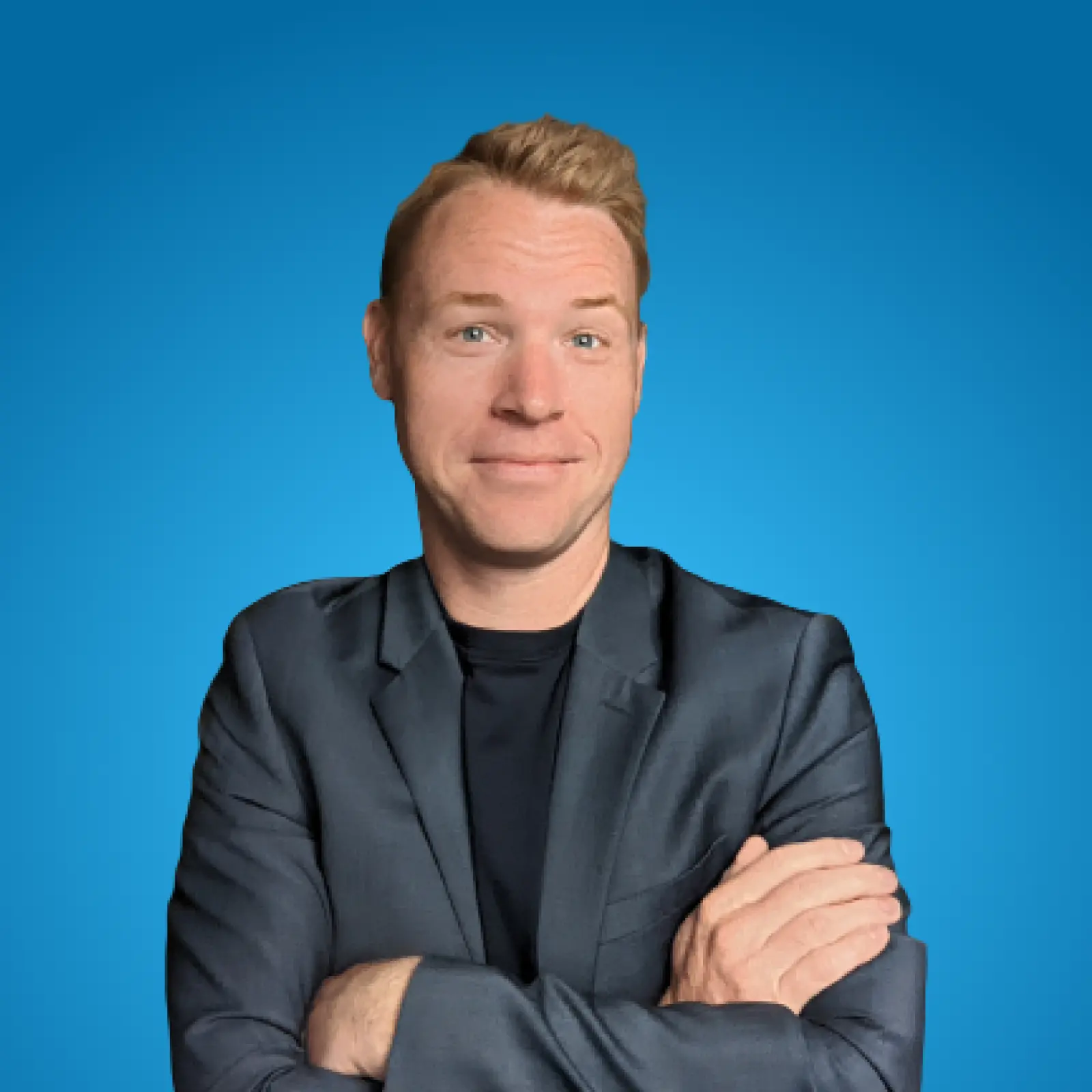Fire the Founder? Why Scaling Means Stepping Back
Introduction
In this episode of Zero to Traction, Josh David Miller (JDM) and Cameron Law explore the founder’s paradox: to scale, you must build the engine that eventually runs without you. What begins as a founder-only operation must evolve into a founder-led team, and eventually, a founder-less machine.
This journey isn’t just about delegation—it’s about aligning the fundraising narrative with the startup’s evolution. Investors don’t just want a good product—they want to see an organization capable of growing beyond its founder’s hustle.
From Founder-Only to Founder-Less: A Framework for Growth
JDM and Cameron define a three-stage continuum:
Founder-Only: The founder is the business—selling, coding, designing, and executing.
Founder-Led: The founder guides strategy while a team executes.
Founder-Less: The business scales independently of the founder’s day-to-day involvement.
This isn’t a single path—it’s a layered transformation across sales, engineering, product, and leadership functions. And it doesn’t happen all at once.
Sales: The First Frontier
Most startups begin with the founder selling directly. This is good—it enables deep customer understanding. But JDM cautions: until you have a repeatable, scalable sales process with predictable conversion rates, you can’t hand it off.
Too often, founders hire salespeople before validating what works. The result? Burned capital and false starts.
Cameron connects this to fundraising: VCs don’t just want to hear that you have revenue. They want to see:
A predictable funnel
Pirate metrics that demonstrate scalability
A go-to-market engine ready for fuel
Narrative tip: Tie your raise to building a sales team because you’ve proven the model—not because you need someone to figure it out.
Engineering & Product: Build With Intent
On the technical side, founders face two common challenges:
Building too early without validation (violating “love the problem, not the solution”)
Overinvesting in features that feel nice—but don’t move key metrics
Cameron and JDM outline how product evolution should reflect sophistication in experimentation. Early builds can be scrappy; later ones must incorporate design, user feedback, and data.
As teams grow, so does the need for specialists—PMs, designers, QA, and CTOs. But the transition must follow evidence:
Do users need this feature?
Will this release unlock retention or conversion?
Narrative tip: When raising to expand product/engineering, anchor it in milestones:
"We need X engineers to ship Feature Y, which unlocks revenue channel Z."
Milestones Drive Funding—Not Burn Rate
Founders often raise money to "extend runway." But JDM stresses: investors don’t fund time—they fund outcomes.
Good fundraising narratives follow this logic:
"We’re going from A to B"
"To get there, we need C resources"
"We know this because we’ve already done D"
Vague asks like "$500K for product and hiring" don’t inspire confidence. Specificity does.
When You’re Not the Right Person Anymore
Perhaps the hardest part of scaling: knowing when to step aside. Founders often assume they should be CEO forever. But JDM reminds us: Founding is not the same skill set as scaling.
In fact, most unicorn CEOs aren’t the original founder. Knowing your own strengths—and limits—is a leadership skill in itself.
This isn’t about failure. It’s about building the company your vision deserves.
Final Thought: Tie Your Story to the Journey
Your fundraising narrative must reflect your company's growth path:
Founder-only? Then raise to validate.
Founder-led? Then raise to scale.
Founder-less? Then raise to dominate.
If you can show investors how their capital unlocks specific milestones and how you’re maturing the organization beyond yourself, you won’t just get funded—you’ll build something that lasts.
Listen to the full episode of Zero to Traction and subscribe for more insights on building companies that scale beyond their founders.
About Josh David Miller
Over the past decade, Josh David Miller has empowered over 100 startup founders and innovators to launch and scale their ventures. As the driving force behind the Traction Lab Venture Accelerator,
Josh specializes in guiding early-stage startups through the intricate journey from ideation to product-market fit. His expertise lies in transforming innovative concepts into viable, market-ready solutions, ensuring entrepreneurs navigate the challenges of the startup ecosystem with confidence and strategic insight.
About Cameron R. Law
Cameron R. Law is a Sacramento native dedicated to building community, growing ecosystems, and empowering entrepreneurs.
As the Executive Director of the Carlsen Center for Innovation & Entrepreneurship at California State University, Sacramento, he leverages his passion for the region to foster innovation and support emerging ventures. Through his leadership, Cameron plays a pivotal role in shaping Sacramento's entrepreneurial landscape, ensuring that innovators and builders have the resources and support they need to succeed.




